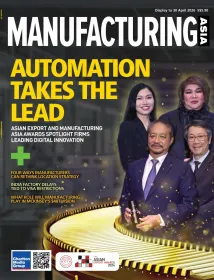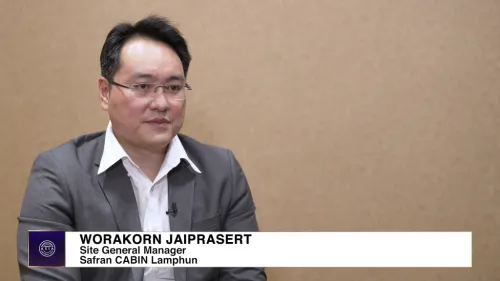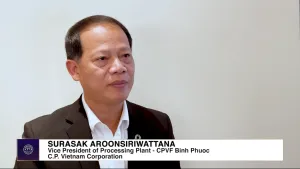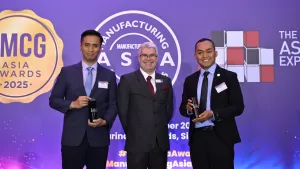Malaysia battles AI and skills gaps in smart factory push
Lenovo backs the nation’s manufacturing transformation through AI, IoT, and system modernisation.
Malaysia’s manufacturing sector is under mounting pressure to modernise as the government pushes toward its goal of 3,000 smart factories by 2030. According to Varinderjit Singh, General Manager of Lenovo Malaysia, the focus must now shift from ambition to execution through scalable AI adoption and infrastructure upgrades.
“What’s positive is that in Malaysia, the government has decided to have at least another 3000 smart manufacturings,” Singh said. “What is key for Malaysia is for us to make sure that we can bring the smarter AI across the board and really take the expertise that we have around the world and bring it into Malaysia itself.”
He added that Lenovo’s mission is to enable “smarter AI for all, be it from the core to the device all the way to the cloud and towards the hybrid,” noting that this transition presents ongoing challenges that Lenovo aims to support.
Despite infrastructure and skills gaps, Singh remains optimistic about productivity gains. “I think it’s definitely doable,” he said of achieving a 50% value boost by 2030. “We’ve actually improved [customers’] productivity by up to about 79% at minimum… but it’s very important to make sure that the steps are taken in place, to start small and grow within every organisation, and have a proper blueprint in place.”
To drive results, Singh emphasised three strategies: upgrading legacy systems for real-time data, strengthening IoT connectivity, and ensuring end-to-end supply chain visibility and automation.
Lenovo’s ThinkEdge V3 servers, he said, “combine top performance, affordability and built in sustainability, and enable cost effective AI adoption,” with “75% of manufacturing AI projects using the Lenovo technology meet or actually exceed expectations.”













